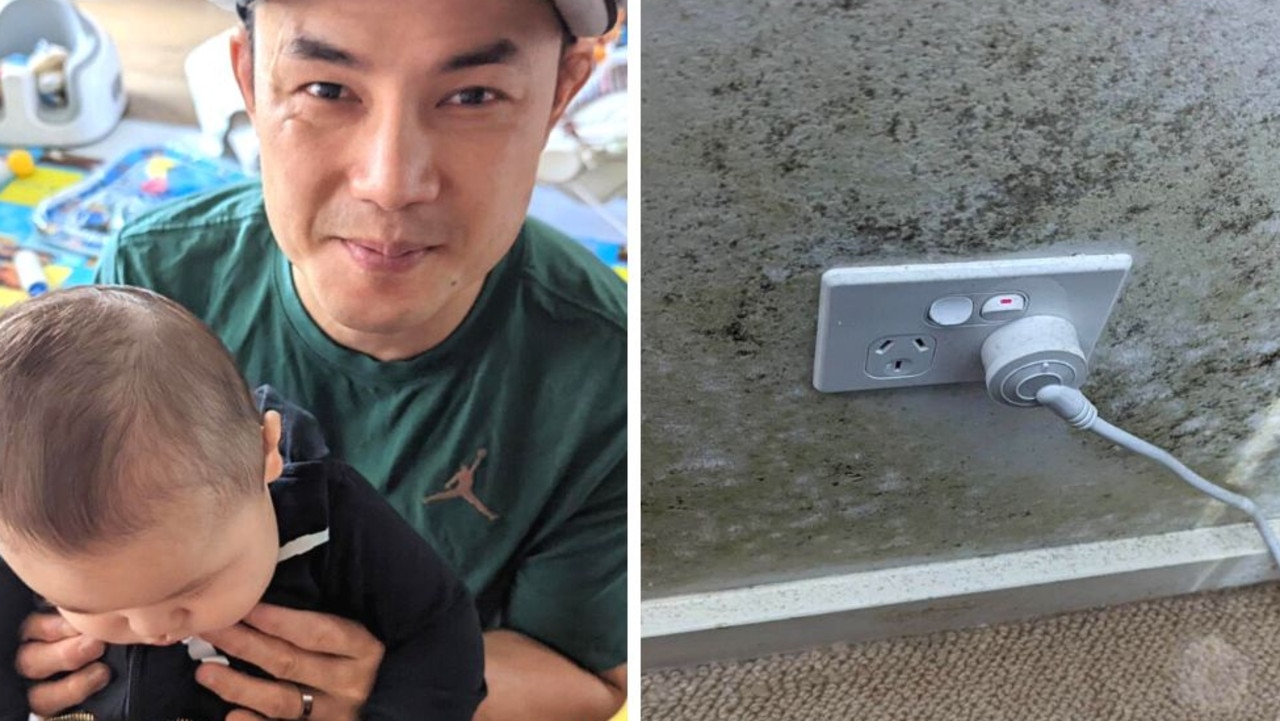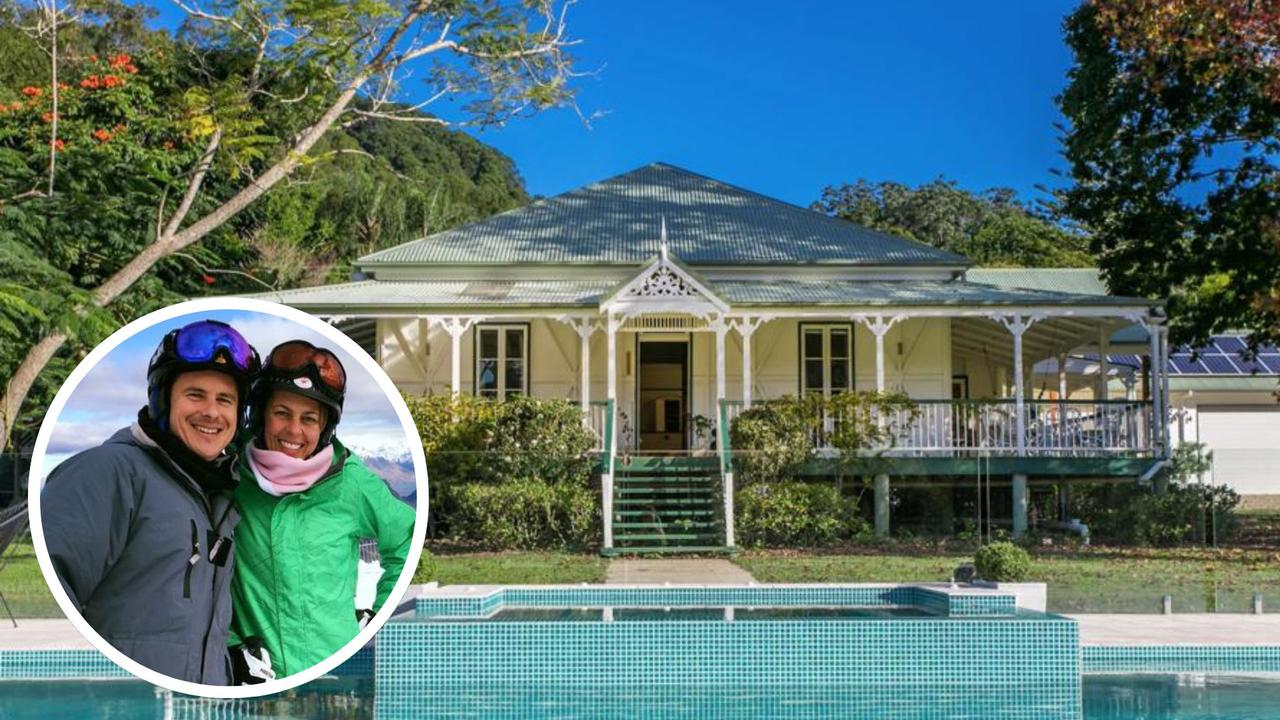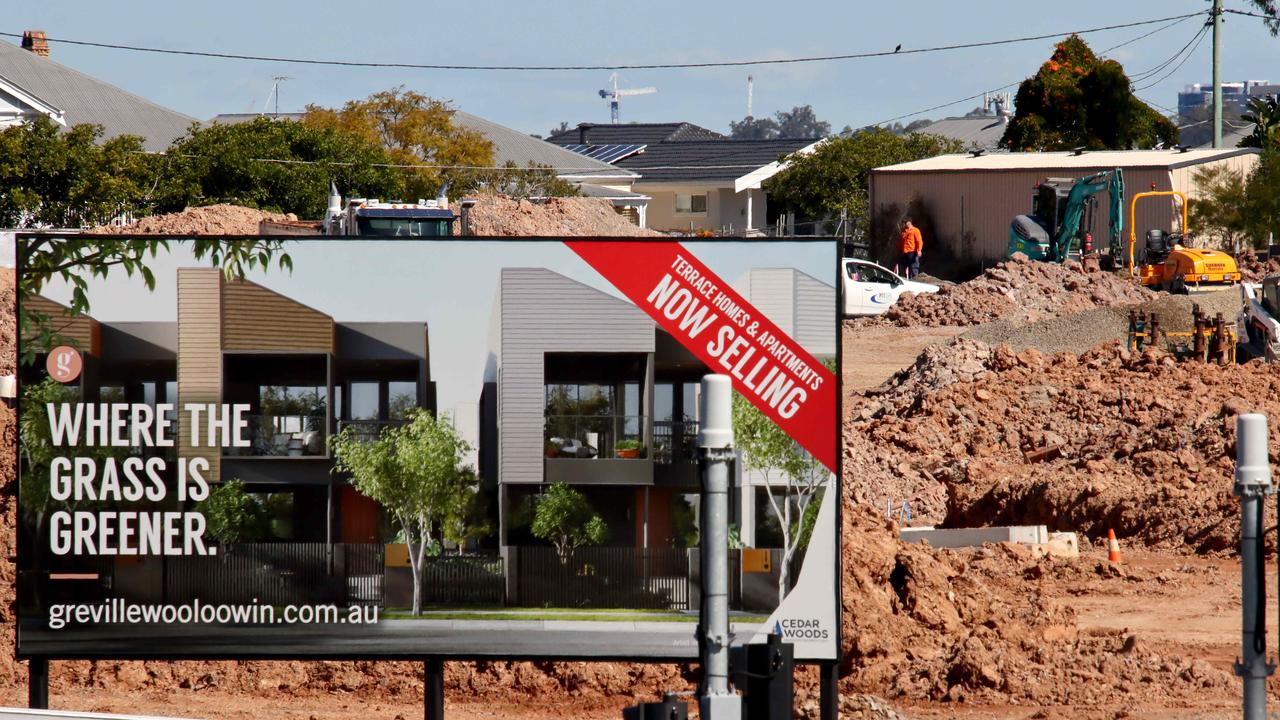A Melbourne man has been locked in a draining battle after discovering a widespread mold issue in his rental property.
It wasn’t until Jason, his wife and son were forced to move out of their two bedroom, Melbourne apartment, that they realized their mold problem was much bigger than anticipated.
Although the issue was enough for the family to terminate their lease early, the father-of-one estimated he’s spent more than $1200 on rent.
This is despite the fact the property has been vacated while work was performed at the property to fix an issue with their window caulking.
“We had to continue to pay rent for something that wasn’t our fault. It was a structural issue. It’s a building defect,” Jason told news.com.au.
After six months of living in their Doncaster East residence, Jason’s wife began noticing mold growing on the balcony door frames in May this year.
However, they say that their property manager advised them to treat the mold with Domestos – a disinfectant which contains bleach.
“We were like OK, but this is a mold issue. We had photos and we asked them if they wanted to send someone out,” Jason said.
“They were like, ‘Use Domestos and if it doesn’t work, then get in touch and we’ll send someone out.’”
While the initial treatment using Domestos worked, the mold returned a few weeks later. Their frustration was compounded by the fact that prior to signing the lease, the family were informed that while the apartment had mold issues and showed signs of water damage, they were told the issue had “all been fixed”.
Around the same time, the family also began getting sick. Jason said both him, his wife and are experienced recurring breathing difficulties and an “itchy feeling inside their nostrils”.
Although the family did visit a doctor, they didn’t know their symptoms could have been connected to the mold that was unsuspectedly growing in their home. Instead they were diagnosed with allergies and prescribed antihistamines.
“If you woke up at seven o’clock in the morning, you’d be sneezing until midday,” he said.
“We just thought it was maybe a cold because it was winter but over the course of the next month or so, we decided we would try our best to move out as soon as possible.”
‘It covered a quarter of the wall’
By June, the family had made the decision to end their lease and purchased a property instead. However, while moving out, they made a ghastly discovery.
“The issue is that the mold we saw at the time was just around the door frames, so we didn’t think to remove all our furniture to check if there were further issues,” he said.
“The mold behind the bed head was so significant, it covered a quarter of the wall.
“When we moved the baby change, everything underneath it was filled with mold and it was damp and there was water. It was really bad.”
While Jason was organizing the final cleaning for the apartment, they were informed by the agency that a builder had identified an issue with the caulking in the windows, which had caused the water to leak on the carpet. They were also told that the mold was caused by condensation from a lack of ventilation in the room.
Emails seen by news.com.au, confirmed the correspondence between Jason and the agent.
“The way I read it is that if it’s a ventilation issue, then it’s either a building design issue, or the blame is being put on us for not opening the window,” Jason said.
Despite this, the family was told that they had to continue paying rent until the apartment was re-leased.
“We were like, ‘The builder might need to get out the window guy. The window guy has to then come out to fix the corking, and then they have to fix the carpets.’” Jason said. “That could have taken weeks, if not months.
“Then when we went back and gave them the keys, (the agency) had the tenacity to say, ‘The mold issues still needed to be cleaned, how about I give you the keys back and you go back and use more Domestos?’ ”
While news.com.au approached the agent for comment, a spokesman for the agency declined to comment as a claim has been lodged with the Victorian Civil and Administrative Tribunal (VCAT).
“We must respect the process and not prejudice the tribunal’s decision,” he said.
Changes to mold and rental laws
Their dealings with the real estate agency have left Jason and his wife “incredibly upset”.
“When we found the mould, we were shocked, disgusted and upset,” said Jason.
Under changes to rental law in March 2021, issues related to mold and damp when caused by a building’s structure are now treated as an urgent repair. This classification means rental providers must address these issues as soon as possible.
If the issue is not responded to urgently, tenants can go through VCAT, where the application must be heard within two business days.
Speaking to news.com.au, practicing lawyer and the rental support services manager for Tenants Victoria, Georga Wootton said the renter advocacy group sees complaints about mold triple in winter. Ms Wootten estimates one-in-10 inquiries are currently about issues related to mold and damp.
Although tenants can apply for a rent reduction in issues related to mould, Ms Wootten said that rental providers often “aren’t willingly going to do that”.
“We advise all of our renters that because there’s been a breach of the residential tenancy act – which is to keep the premises in good repair – effectively the property is not in good repair if there’s mold there,” she said.
“So it does mean the renter could be entitled to compensation.”
However she admits this is not an immediate fix.
“There is a bit of a timeline until you might get that compensation,” she said.
“That can be disappointing for some renters because they are in that distressing situation of having to live in a moldy home.”
Still, Ms Wootten advises tenants to continue to pay the rent, so they don’t risk getting a notice to vacate.
“This can happen if you’re more than 14 days in rent arrears,” said Ms Wootten.
“We don’t want to see people to lose their homes.”
‘It’s painful’
After more than a month of back and fourth, the family were informed on Tuesday that the agent had re-leased the property. Since they vacated the property, Jason estimates the family have paid around $1200 in rent while the window caulking was being fixed, plus an additional $220 for the listing to be advertised.
Attempts at brokering an amicable resolution have also failed to the wayside, Jason said.
“I had a conversation with her two days ago. I said, ‘Can we come to something friendly here? Can we stop paying rent?’”
Jason said the drawn out issue has also been taxing on the family’s mental health and financial position.
“It’s really hard because with interest rates going up, it’s difficult continuing to pay rent for something we can’t even release off our books. It’s painful,” he said.
.


